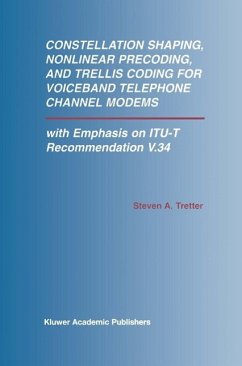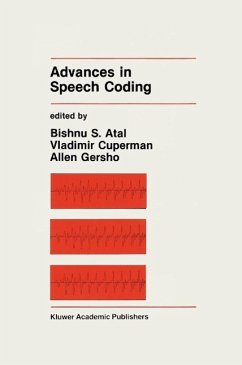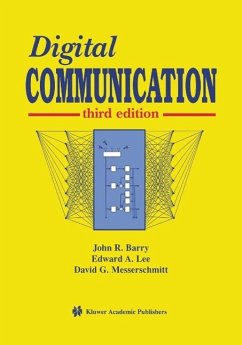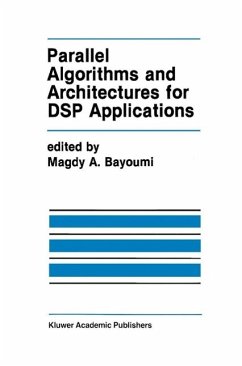
Communication System Design Using DSP Algorithms (eBook, PDF)
With Laboratory Experiments for the TMS320C6713(TM) DSK
Versandkostenfrei!
Sofort per Download lieferbar
40,95 €
inkl. MwSt.
Weitere Ausgaben:

PAYBACK Punkte
20 °P sammeln!
Designed for senior electrical engineering students, this popular textbook explores the theoretical concepts of digital signal processing and communication systems by presenting laboratory experiments using real-time DSP hardware. Originally designed for the Texas Instruments TMS320C6701 Evaluation Module or TMS320C6711 DSK, this new edition updates the experiments based on the TMS320C6713 (but can easily be adapted to other DSP boards). The book contains a new chapter on OFDM. Each chapter begins with a presentation of the required theory and concludes with instructions for performing experim...
Designed for senior electrical engineering students, this popular textbook explores the theoretical concepts of digital signal processing and communication systems by presenting laboratory experiments using real-time DSP hardware. Originally designed for the Texas Instruments TMS320C6701 Evaluation Module or TMS320C6711 DSK, this new edition updates the experiments based on the TMS320C6713 (but can easily be adapted to other DSP boards). The book contains a new chapter on OFDM. Each chapter begins with a presentation of the required theory and concludes with instructions for performing experiments to implement the theory. In the process of performing the experiments, students gain experience in working with software tools and equipment commonly used in industry.
Dieser Download kann aus rechtlichen Gründen nur mit Rechnungsadresse in A, B, BG, CY, CZ, D, DK, EW, E, FIN, F, GR, HR, H, IRL, I, LT, L, LR, M, NL, PL, P, R, S, SLO, SK ausgeliefert werden.












